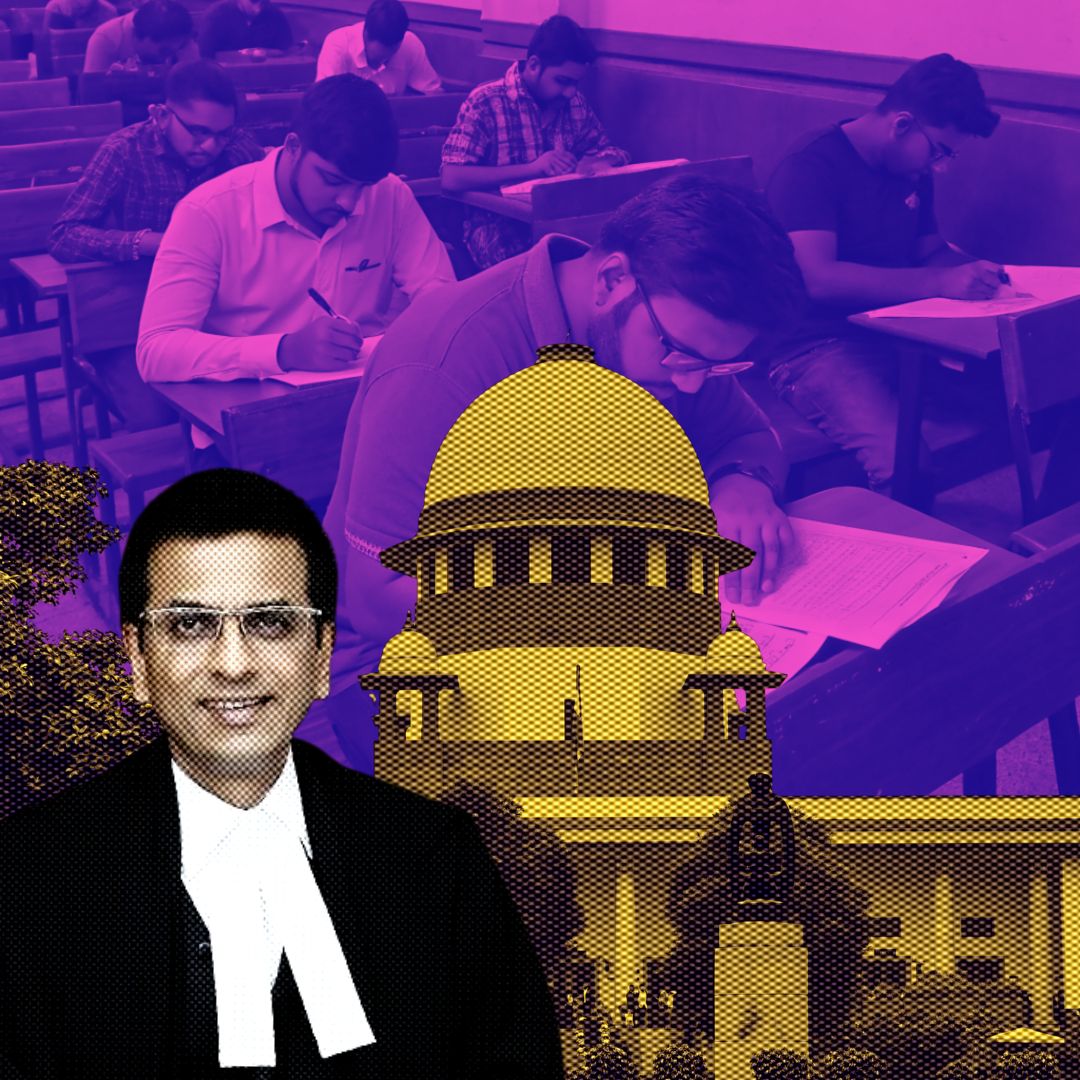The Supreme Court of India ruled that eligibility criteria for public appointments cannot be changed midway through the recruitment process. This decision was made by a five-judge Constitution Bench led by Chief Justice D.Y. Chandrachud, affirming that altering rules after candidates have participated violates their right to equality under the Constitution. The ruling stemmed from a case involving the Rajasthan High Court’s decision to raise the cutoff marks for translator positions after exams had been completed, which resulted in only three candidates qualifying out of 21.
Supreme Court Upholds Fairness in Recruitment
The Supreme Court’s judgment emphasized that once recruitment processes have commenced, the established eligibility criteria must remain unchanged to ensure fairness and transparency. Justice Manoj Misra, who authored the judgment, stated that any modifications to the rules must be communicated to candidates before recruitment begins. The Court clarified that while inclusion on a selection list does not guarantee appointment, reasonable justification must be provided for any non-appointment of candidates who meet the criteria. Legal experts hailed this ruling as a landmark decision that reinforces constitutional rights in public service recruitment.
Background of the Controversy
The case originated from a recruitment process initiated by the Rajasthan High Court in 2009 for 13 translator vacancies. After candidates completed their examinations and interviews, the High Court unexpectedly raised the cutoff to 75%, disqualifying many who had already participated under different criteria. This prompted legal challenges from affected candidates, leading to a prolonged judicial review that highlighted concerns over arbitrary changes in recruitment rules. The Supreme Court had previously reserved judgment on this matter in July 2023, reflecting its complexity and significance.
Public and Expert Reactions
The ruling has garnered mixed reactions from various stakeholders. Candidates who were affected by the earlier cutoff changes expressed relief and hope for more transparent processes in future recruitments. Legal experts noted that this decision sets a precedent for maintaining consistency in eligibility criteria across all public appointments. Social media platforms buzzed with discussions on fairness in governance, with many users applauding the Supreme Court’s commitment to upholding constitutional values.
The Logical Indian’s Perspective
At The Logical Indian, we commend this ruling as a vital affirmation of justice and equality in public appointments. It underscores our belief that recruitment processes should be governed by clear and consistent rules to protect candidates’ rights and promote transparency. As we strive for a society where fairness prevails in all spheres, this decision raises an important question: How can we ensure that all public recruitment processes uphold these principles consistently? We encourage our readers to share their thoughts and engage in this essential conversation about fairness in governance.











